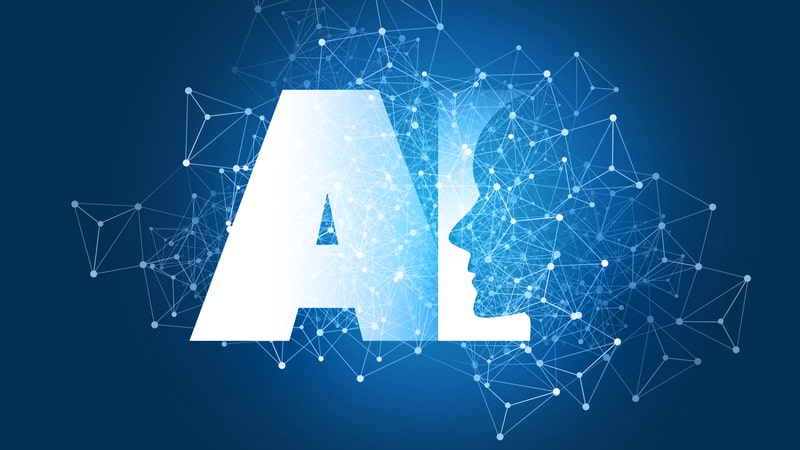
The September 29 kick-off meeting of the Trade and Technology Council (TTC) created earlier this year by the United States, European Commission, and European Council produced initial commitments by the three parties to coordinate on technology issues including the development of artificial intelligence (AI) technologies, and semiconductor supply chains.
The three parties said they will “closely coordinate on an expansive set of critical economic and technology issues over the coming months and achieve concrete outcomes by the next meeting.”
“The United States and European Union seek to strengthen their competitiveness and technological leadership by developing common strategies to mitigate the impact of non-market practices at home and in third countries and by working to avoid new and unnecessary barriers to trade, especially in products and services derived from emerging technologies,” the White House said in announcing the results of the meeting.
On the AI front, the U.S. and the EU agreed to “develop and implement AI systems that are innovative and trustworthy and that respect universal human rights and shared democratic values, explore cooperation on AI technologies designed to enhance privacy protections, and undertake an economic study examining the impact of AI on the future of our workforces,” the White House said.
Regarding semiconductor supply chains, the U.S. and the EU “intend to enhance cooperation on measures to advance transparency and communication” in the supply chain, and “identify gaps, shared vulnerabilities, and opportunities to strengthen our domestic semiconductor R&D and manufacturing ecosystems with a view to improving resilience in the semiconductor supply chain.”
Outside of the immediate technology realm, the TTC meeting also produced commitments to coordinate on “non-market, trade distortive practices,” investment trends “with a focus on sensitive technologies and related sensitive data,” and export controls involving “sensitive dual-use technologies.”
The parties also agreed to work going forward on a number of other tech-related issues, including access to digital tools by small and medium-sized businesses, securing critical supply chains, cooperating on emerging technology standards, data governance and technology platforms, information and communications technology security, and “the misuse of technology threatening security and human rights.” The TCC will form working groups to take on those issues.
The principals at the September 29 TTC meeting included U.S. Secretary of State Antony Blinken, Commerce Secretary Gina Raimondo, U.S. Trade Representative Katherine Tai, and European Commission Executive Vice Presidents Margrethe Vestager and Valdis Dombrovskis.
